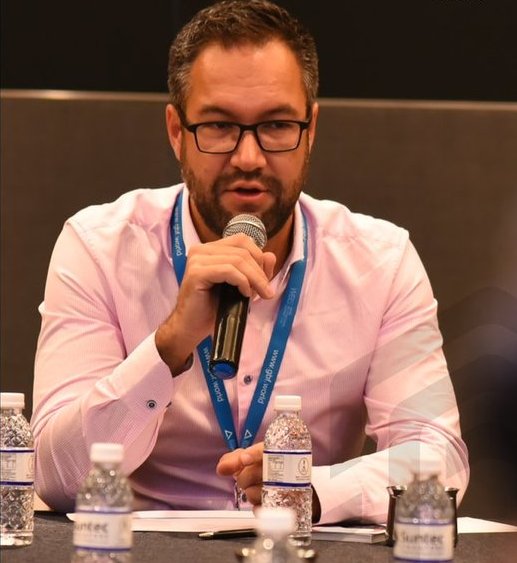Centennials are looking at the equity market with a fresh pair of eyes, and they don’t like what they see.
Sascha Ragtschaa, CEO and co-founder at Chainium, a firm that is reportedly reinventing investment, argues that connecting investors directly with businesses on the blockchain, is the answer to restoring the lost promise of capitalism for a new generation of investors. Here’s why.
A decade ago, if someone had suggested that in ten years Trump would be in charge and Britain would be on the verge of leaving the EU they would have been laughed out of the room. Fast-forward to the present and no one is laughing.
But how has this happened so quickly?
New kids on the block
Now millenials have made their mark on every industry imaginable, it’s the turn of the centennials to have their say. Evidence indicates that this new generation is far more sober and serious, and, most importantly, unafraid to challenge the status quo, particularly when it comes to the economy.
Centennials favour politicians who reject the way our global economy is run. Who challenge a status quo that allows a small class of ever fatter cats to cream off the top while locking most people out.
Although anti-capitalism in its current form, this generation is far from anti-money. They simply want to be able to access investment on their own terms. The problem is that the current equity market doesn’t support such ambitions.
Time for a change?
Since 1800 we’ve operated on a system of country-specific exchanges. Although this may have made sense back then, today’s market is far more global. A country-by-country set-up doesn’t really make much sense anymore.
Economies around the world need businessses to support growth. But our current system of financing isn’t capable of supporting either ambitious firms or investors.
For both businesses looking to raise capital and investors looking for new opportunities, their options are generally complex, time-consuming, expensive and largely limited to a single country – with no guarantee that at the end of all this trouble they’ll find something which is the right fit for them.
This can mean investors missing out on the best opportunities or even opting not to invest at all and businesses missing out on finding the right investors who share their vision. And without business growth the potential for economies to grow is also limited.
It’s unsurprising that centennials want something better. Imagine a system in which investors and businesses of any size could make deals that suit them, anywhere in the world. Imagine they could get together directly, without the need for a middleman. Imagine that the process was quick, easy and free.
The future is digital
This utopia is, in fact, totally obtainable with the technology we now have available to us. With a digital share certificate, built on the blockchain, business owners and investors can connect directly to buy and sell equities – all without the middle layers, administration and reconciliation steps required in today’s global equity market solutions.
This means that, for the first time, we can put the power into hands of the people so they can invest in and grow businesses, hopefully to build the better world that centennials are striving for. And without middlemen slowing things down while getting rich on the inefficiencies.
At the end of the day, this change is not optional. In order to win the faith of this new generation in the true promise of capitalism, the digitalisation of investment is the only way forward.







